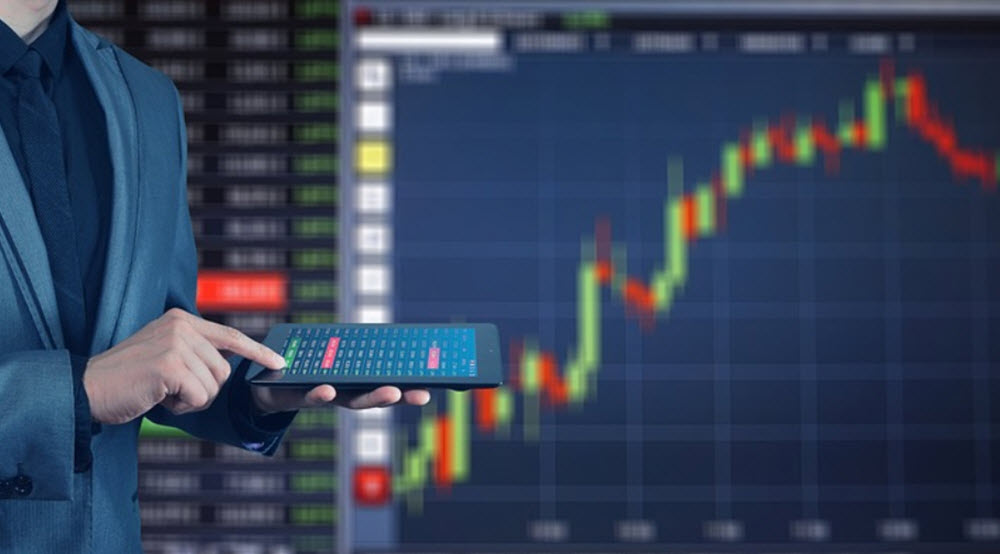In this article:
Foreign exchange trading, or forex, is a dynamic and complex environment. For those looking to participate in forex trading, selecting the right broker is paramount. A broker serves as the gateway through which traders access the markets. This article elucidates the role of forex brokers and provides a comprehensive guide on the vital considerations one must weigh when selecting a forex broker.

Understanding the Role of a Forex Broker
Acting as a Conduit
Forex brokers act as intermediaries between the retail forex trader and the interbank forex market. They provide a trading platform, facilitate the execution of trades, and offer leverage, thereby enabling traders to engage in forex trading efficiently.
Types of Forex Brokers
There are two primary types of forex brokers: market makers and ECN (Electronic Communication Network) brokers. Market makers create a market for their clients, providing buy-and-sell quotes. On the other hand, ECN brokers match trades between market participants, often providing more transparent pricing.
Some forex brokers such as AvaTrade offer both ECN and regular trading. Read more about the forex trading with AvaTrade.
Regulatory Compliance: The Foundation of Trust
Importance of Regulation
A broker’s regulatory status is the bedrock of the trust necessary for a fruitful relationship. Regulatory bodies ensure that brokers maintain fair trading practices and adhere to capital requirements that safeguard traders’ funds.
Researching Broker Regulation
Prospective traders should verify that the broker is registered with reputable regulatory authorities such as the Financial Conduct Authority (FCA) in the UK, the Commodity Futures Trading Commission (CFTC) in the US, or the Australian Securities and Investments Commission (ASIC).
Assessing the Trading Platform and Tools
Platform Features and Usability
The trading platform is the trader’s interface with the market. The platform must be user-friendly, stable, and equipped with the necessary analytical tools. MetaTrader 4 and MetaTrader 5 are popular platforms that many brokers offer.
Mobile Trading
With the growing importance of mobility, a robust mobile trading option is a significant advantage. Ensure that the broker provides a mobile app that mirrors the functionality of the desktop platform.
Considering the Cost Factor
Spreads and Commissions
Brokers generally earn through spreads – the difference between the bid and ask prices. It’s crucial to assess whether a broker’s spreads are competitive. Additionally, some brokers charge commissions on trades. A prudent trader must evaluate the total cost of trading with a given broker.
Overnight Financing
Holding positions overnight may incur a financing cost known as a swap or rollover fee. This cost can be significant for traders employing longer-term strategies and should be considered.
Leverage and Margin Requirements
Understanding Leverage
Leverage allows traders to control a large position with a relatively small amount of capital. While this can magnify profits, it also amplifies losses. Choosing a broker that offers suitable leverage levels aligned with your risk tolerance is important.
Margin Calls
Understanding a broker’s margin call policy is essential. A margin call is triggered when the trader’s equity falls below the required margin level, potentially leading to the liquidation of positions.
Customer Service: The Pillar of Support
Reliable customer service is vital. Assess whether the broker offers multiple channels of communication and 24/5 support to accommodate the forex trading hours.
This article was last updated on: May 26, 2025
